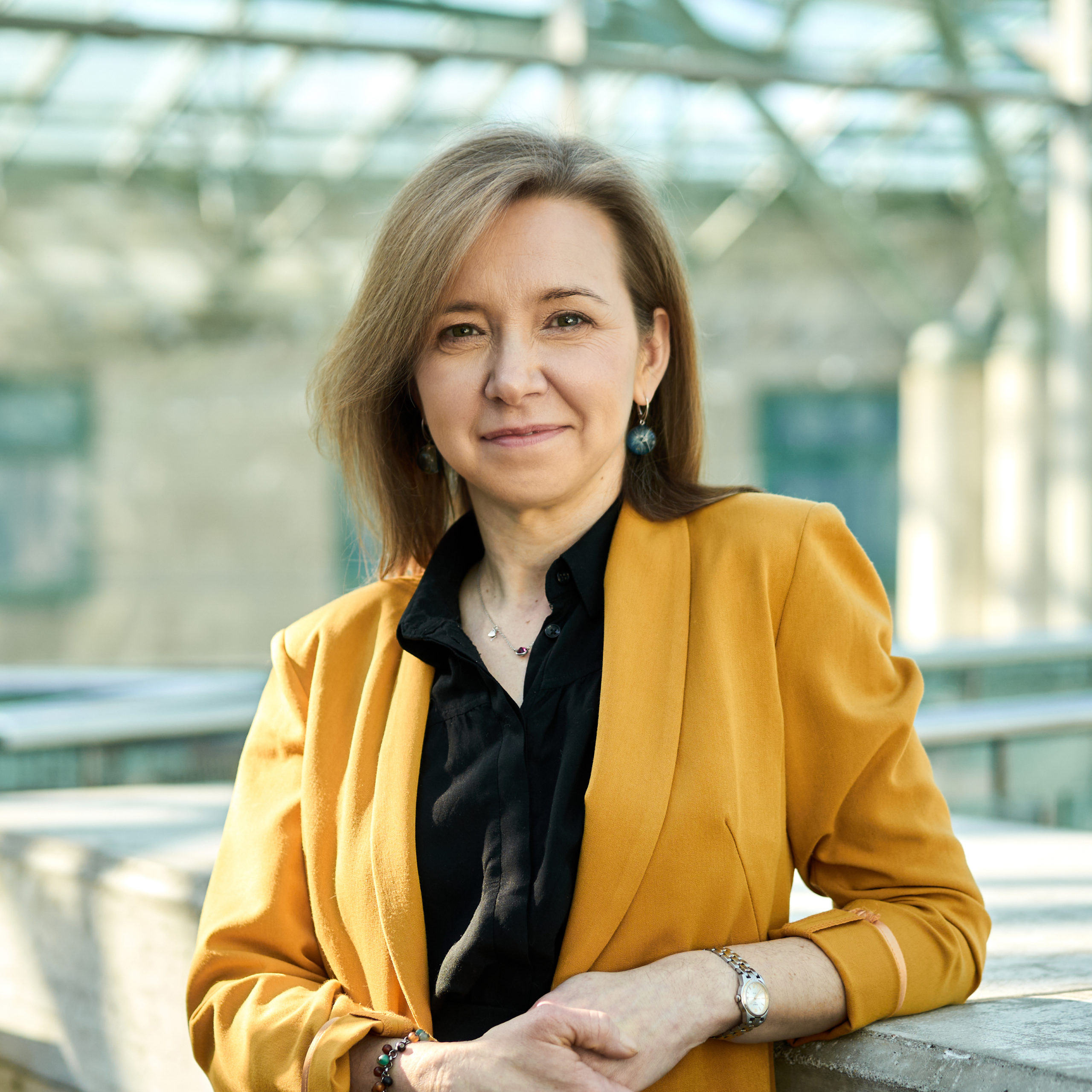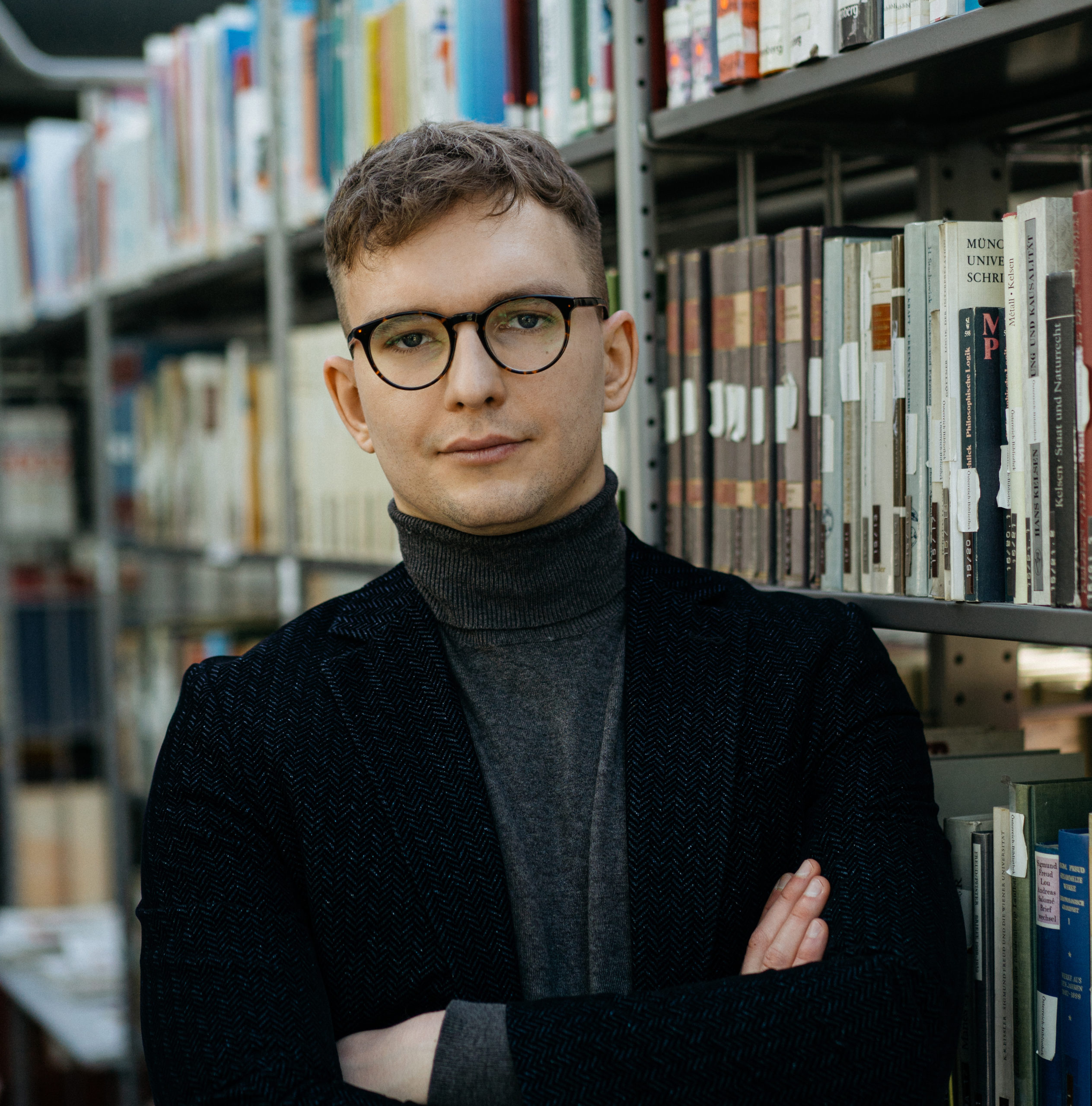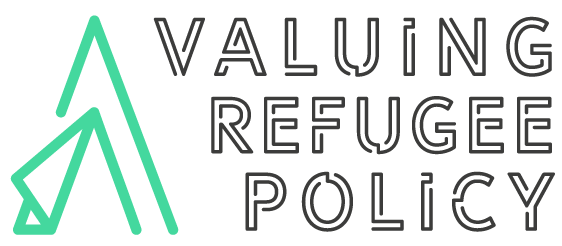Valuing Refugee Policy. A Cross-Country Study on the Preferences for Refugee Policy in Europe
is a project based on a 3-wave cross-national survey experiment covering 10 European countries. Wave 1 was completed immediately before the Russian invasion of Ukraine in February 2022, wave 2 took place in April and May 2022, and wave 3 will take place in April and May 2024.
About
Valuing Refugee Policy
The main objectives of this project are to advance the theory, methods and empirical foundations for studying policy preferences and behavior towards refugees and asylum seekers in the context of the Refugee Crisis in Europe. The project addresses the issues of exposure to media messaging as well as the impact of a large exogenous factor – war in Ukraine on citizen refugee policy preferences and behavior.
A CAWI stated choice experiment in 10 European countries (Poland, Hungary, Serbia, Slovenia, Bulgaria, Denmark, Germany, Austria, Spain, and Portugal) was executed in January and February 2022, and followed by a 2nd wave in Germany, Hungary and Poland immediately after the outbreak of war in Ukraine in February-March 2023. The 3rd wave in Germany, Hungary and Poland will take place in February-March 2024.
The project started on December 1, 2020. Wave 1 was funded by the NCN (Narodowe Centrum Nauki) grant no 2019/33/B/HS6/00841, wave 2 by the Politics Department of the University of Warsaw and wave 3 is funded by Centre for Excellence Grant Scheme, IDUB, University of Warsaw. The project is based at the Department of Politics and International Studies and Centre of Excellence in Social Sciences, University of Warsaw.
First project publications are out now:
Letki, N., Walentek, D., Dinesen, P.T & Liebe, U. (2024). „Has the war in Ukraine changed Europeans’ preferences on refugee policy? Evidence from a panel experiment in Germany, Hungary and Poland.” Journal of European Public Policy, online first.
Graban, A. (2023). „Instrumentalisation of fear and securitisation of “Eastern Borders Route”: the case of Poland-Belarus “border crisis” European Security, online first.
For pre-registration and project materials, including a questionnaire, see here.
* Photography above: Transit camp for refugees and migrants at the Greek-Macedonian border, April 2016.
Team

dr hab. Natalia Letki
Principal Investigator

dr Dawid Walentek
Postdoctoral Researcher

Artem Graban
PhD Student

Prof. Ulf Liebe
External Expert (University of Warwick)

Prof. Peter Thisted Dinesen
External Expert (University of Copenhagen)

Valuing Refugee Policy. A Cross-Country Study on the Preferences for Refugee Policy in Europe.
Copyright © 2020 Valuing Refugee Policy. A Cross-Country Study on the Preferences for Refugee Policy in Europe.
CONTACT


